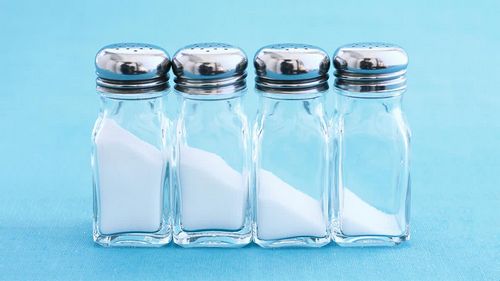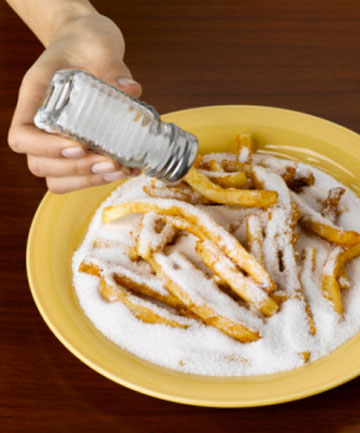
The amount of sodium in your body is very important. If it is too low or too high, then you are at risk for a range of serious health problems. This article sets out to tell you what you can do to reduce the amount of sodium you consume on a daily basis and what the best option is to prevent long-term complications. If you follow the advice in this article, you will soon have a healthier, happier life.
The first thing you should do is calculate your daily sodium intake. There are many different ways that you can do this, but it can be easier to use the World Health Organization (WHO) reference values for sodium. The WHO recommends that people get no more than 2 grams of sodium per day. So, if you have an average diet of two thousand calories per day, that means you should take no more than nine hundred and fifty milligrams of sodium.
It’s a good idea to check with your doctor first to ensure that you do not have any health problems that would require a higher limit. Many medications can cause serious problems if taken in excess. If you think you may have a problem, check with your doctor before you start taking any medication. If you suspect you have a problem, then lower your intake of sodium to the recommended limit.
You need to adjust your salt intake according to how much sodium you take in. It is important to note that people who eat a lot of salty foods like fish and chips are more prone to getting heart attacks and strokes. It is also a good idea to cut down on alcoholic drinks, caffeine and tobacco as these can all contribute to high sodium levels. By cutting down on sodium, you can dramatically reduce your chances of having health problems, such as high blood pressure, kidney stones, and kidney failure.
The best way to cut back on your daily sodium intake is to use a sodium-reduction supplement. There are several different ones on the market, and each one is supposed to work a little differently. One of the most common ways is to take a dietary supplement containing either potassium or magnesium along with your sodium supplement. Each of these minerals can help you to regulate the amount of sodium in your blood stream, which means that you don’t get as sickly as you would if you were taking less sodium.
Another way to help control your sodium intake is to eat a lot of fruits and vegetables, as well as seafood. Fruits and vegetables contain a lot of antioxidants, so they are naturally lower in sodium.

than meat and other animal products. Fish is also a rich source of protein and many nutrients, so it is a good source of both vitamins and minerals.
Some people find that by making some changes in their daily habits, they can significantly increase their daily sodium intake. To do this, you need to get a good guide to lowering sodium from a good health food book. Many books will also include charts on how to make sodium-reduction recipes and give you suggestions on what to do with leftovers. The key thing is to get started and then stick to the plan.
Make sure that you get plenty of fluids every day, even if you only drink eight glasses. Drinking water helps to flush your system of impurities, and it also helps to make sure that your bowels are regular and clean. Eat foods with fiber, including oatmeal, beans, and fresh fruit and vegies. Drink plenty of fluids throughout the day, especially at bedtime, especially if you get up and move around all day long.